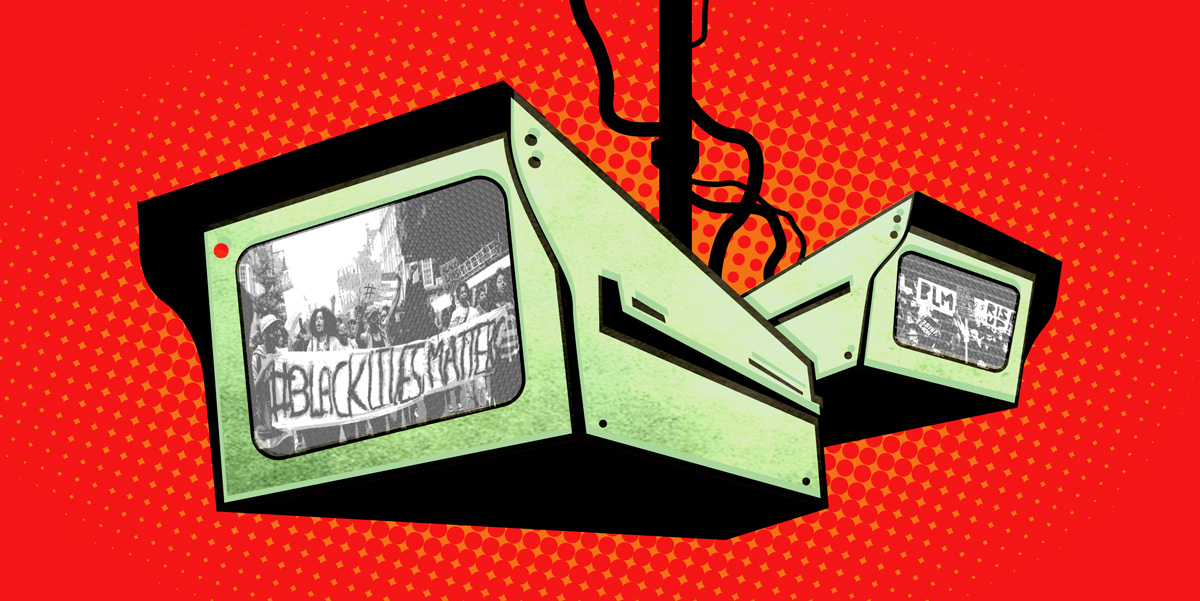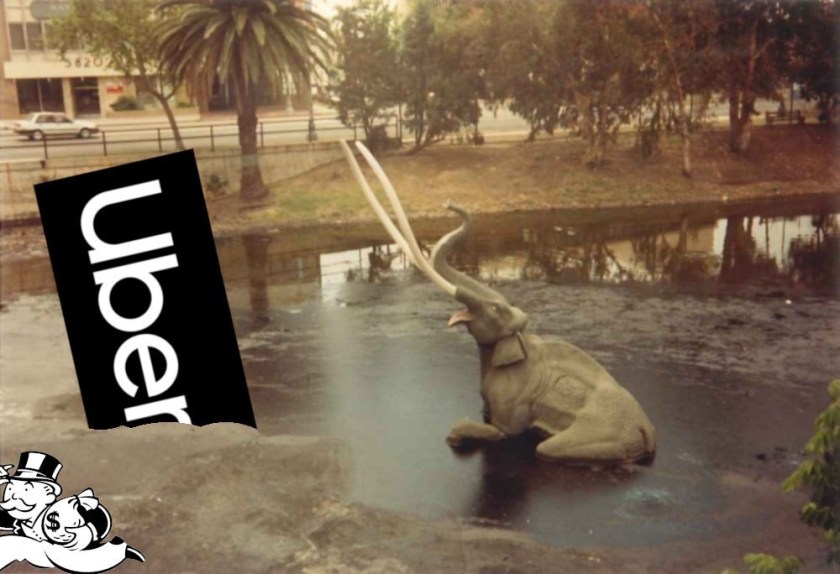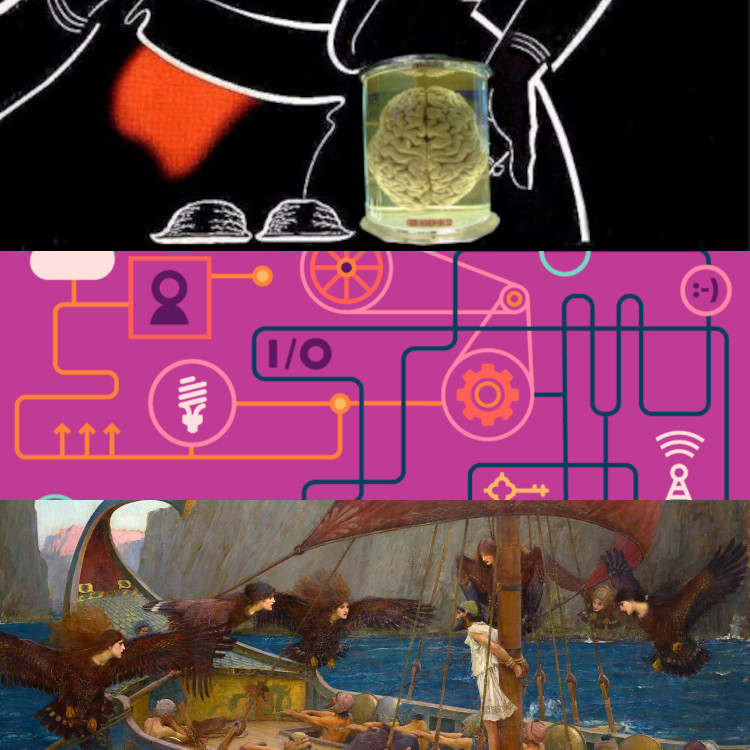
RoboCop 2 (1990) dir. Irvin Kershner wilwheaton.tumblr.com/post/643112114…
RoboCop 2 (1990) dir. Irvin Kershner wilwheaton.tumblr.com/post/643112114…
RoboCop 2 (1990) dir. Irvin Kershner wilwheaton.tumblr.com/post/643112114…
RoboCop 2 (1990) dir. Irvin Kershner wilwheaton.tumblr.com/post/643112114…
RoboCop 2 (1990) dir. Irvin Kershner wilwheaton.tumblr.com/post/643112114…
RoboCop 2 (1990) dir. Irvin Kershner wilwheaton.tumblr.com/post/643112114…
• • •
Missing some Tweet in this thread? You can try to
force a refresh










